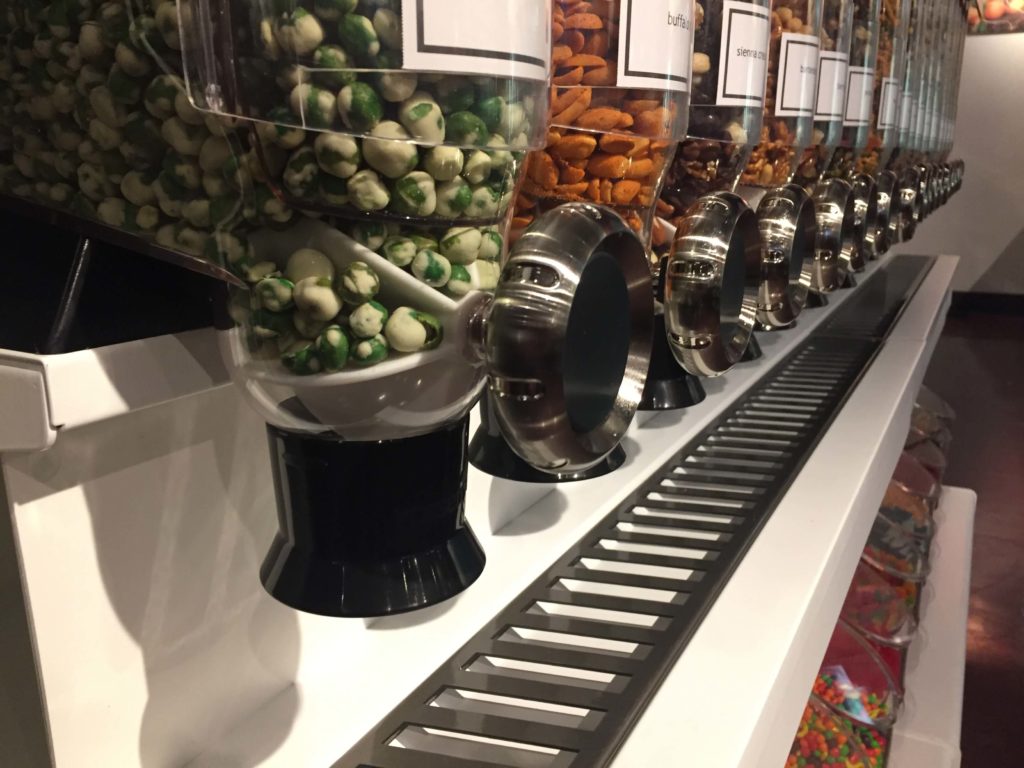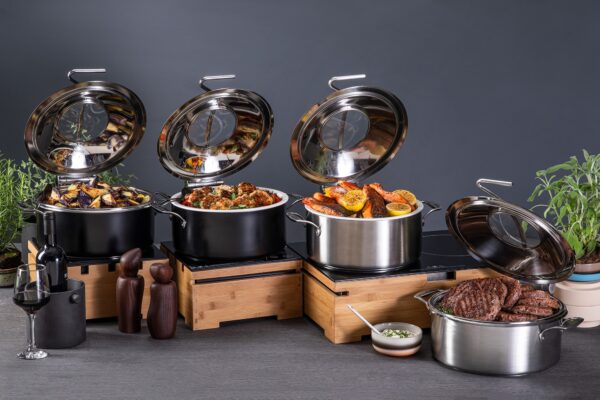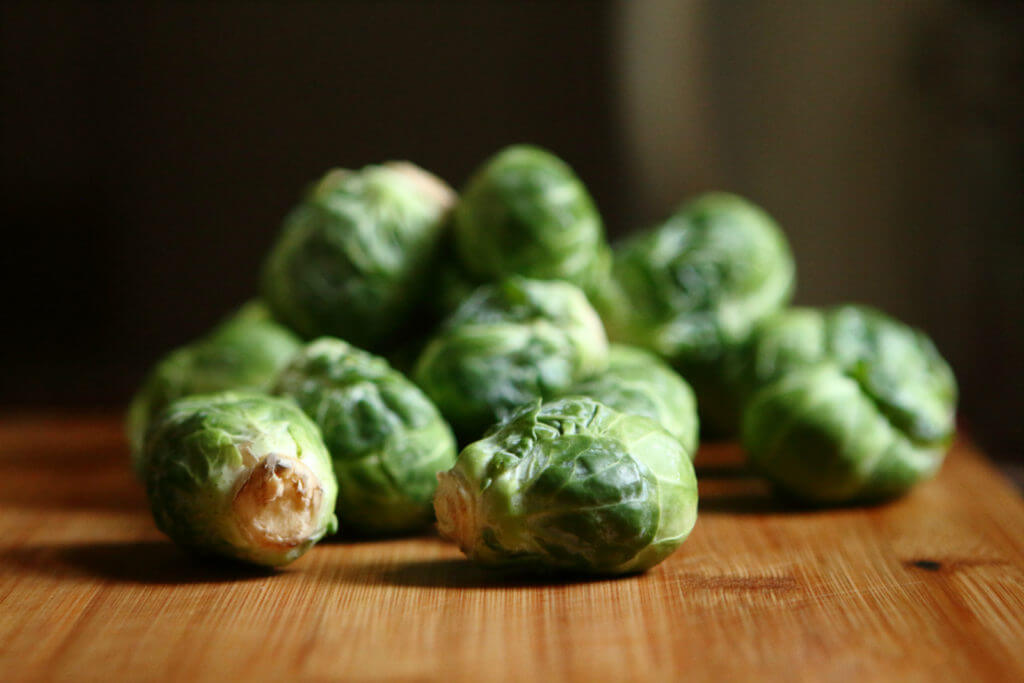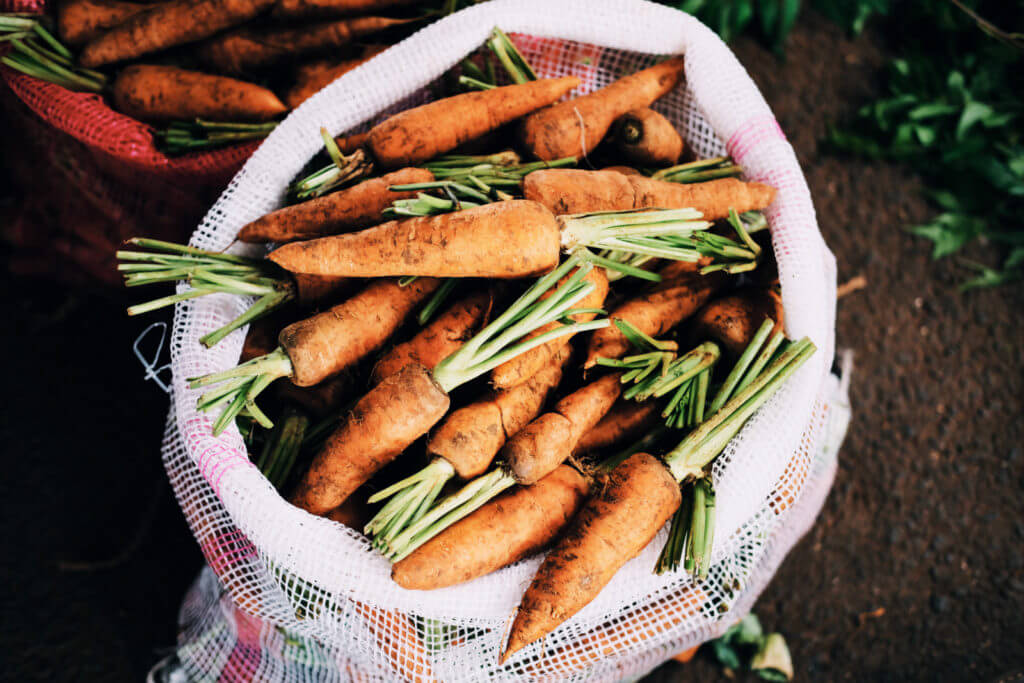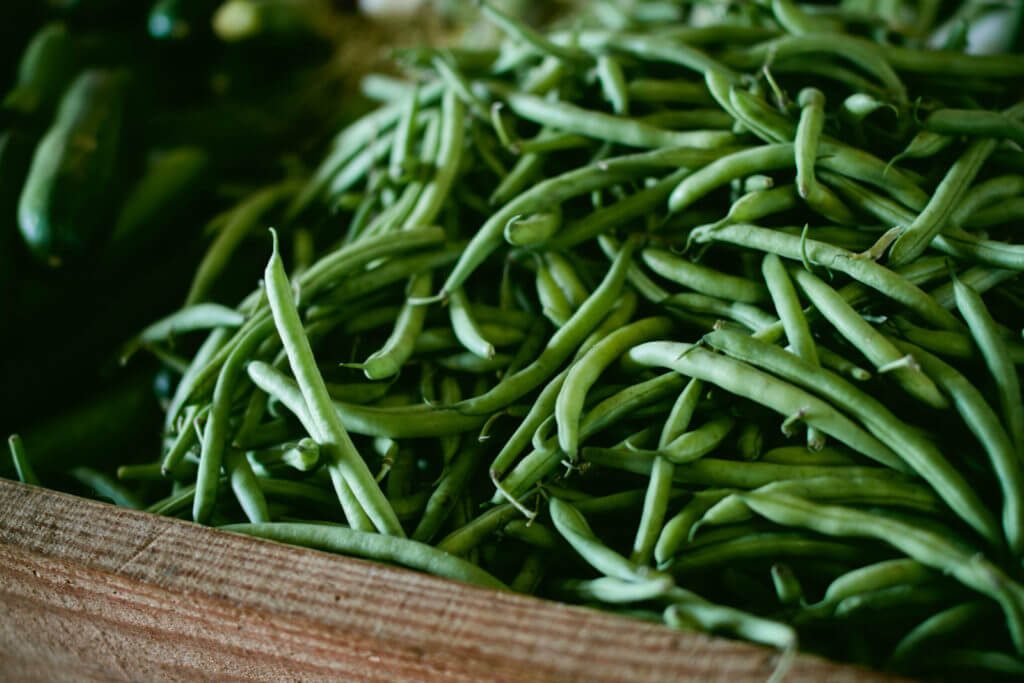The food supply chain is a getting a green makeover and grocery and bulk retail are at the forefront of the movement. As trends continue to move towards zero waste models, grocers are stepping in to provide sustainably sourced produce and ethically traded products that are as good for the planet as those who consume them.
Here is a list of grocery chains and independent markets around the country that are committed to sustainability:
The Dill Pickle, Illinois
The Dill Pickle in Chicago was born in 2004 out of a desire among residents of the Logan Square neighborhood to have a food co-op where they could buy healthy, sustainable items nearby. It took nearly four years for the shop to open its doors, but it did so to much fanfare: It’s first-year sales figures were double what the co-op had predicted.
Festival Foods, Wisconsin
Festival Foods has 25 locations throughout Wisconsin, and the company has continually updated its stores to be as eco-friendly as possible. These updates have included
- switching to a new refrigerant that reduces each store’s environmental impact by 3 percent,
- installing LED lights to reduce electricity consumption by 70 percent, and
- recycling heat exhaust from its refrigerators to warm the buildings.
First Alternative Co-op, Oregon
First Alternative, a food co-op with two locations in Corvallis, aspires “to be a model for environmental sustainability through our purchasing and workplace practices,” the company says. This includes careful supplier selection so that any food items available are local, organic and rely on as little packaging as possible.
Good Foods Co-op, Kentucky
Lexington’s Good Foods was founded 45 years ago and is still the area’s only locally owned food co-op. It sells local, natural, organic, GMO-free products that support the work of more than 250 Kentucky farmers and other producers. It’s a popular place, too; more than 7,000 people have an ownership stake in the co-op.
Grain Train, Michigan
Grain Train, with locations in Petoskey and Boyne City, up near the fingertips of the Michigan glove, works exclusively with producers that make sure
- no health-adverse substances are found in their products,
- no animals are tested on,
- workers’ rights are respected, and
- environmental impacts are minimized.
“We do not believe that good quality, good practices, great taste and principles need to be set aside for an affordable meal,” the team writes. “Instead these qualities should be intrinsic with every meal and every snack.”
Hannaford, Northeast
Hannaford has nearly 200 stores across New York and New England, and while its parent company, Delhaize, has its own sustainability code, Hannaford’s stores take things several steps further.
Their efforts include
- ensuring all seafood is caught locally or traceable to a local sustainable fishery or farm,
- benchmarking energy consumption against Manomet’s Grocery Stewardship Certification program (which helped the company save about $125,000 per store on energy costs last year), and
- diverting waste from landfills (78,000 tons of it in 2015, in fact).
H-E-B, Texas
A Texas-wide chain of grocery stores, the H-E-B Mueller store in Austin was selected by the American Institute of Architects in 2016 as a top 10 example of sustainable architecture and ecological design, Progressive Grocer reports.
The supermarket, which is nearly 84,000 square feet, is LEED Gold-certified and earned an Austin Energy Green Building 4-Star sustainability certification.
in.gredients, Texas
A member of the Austin Zero Waste Alliance, in.gredients diverts “approximately 99% of our materials from the landfill and have sent zero pounds of food waste to the landfill since opening our doors in 2012,” the company says. Everything about the store is designed with zero waste in mind, from the lack of packaging to whom the store buys from to its community outreach.
MOM’s Organic Market, East Coast
MOM’s Organic Market, headquartered in Maryland, was founded with eco-friendliness baked into the very core of its business model. In the decades since the first store opened its door, the scope and scale of sustainability initiatives has grown:
- The company’s recycling program saw 48,000 pounds of plastic and 665,000 pounds of cardboard recycled in 2015.
- It has long since eliminated plastic bags and plastic water bottles.
- It supplies a quarter of all of its stores’ energy from a solar farm in Kingsville, Maryland (though stores already offset all of their energy consumption with wind power energy credits).
New Seasons Market, Pacific Northwest
With locations in Washington, Oregon and Northern California, New Seasons Market takes special care to educate customers and community members on the importance of adopting sustainable habits.
This past Earth Day, the Portland Tribune reported, experts gave in-store lectures on a variety of environmental topics, including the food consumers waste simply because produce isn’t visually appealing. And since the fall of 2014, New Seasons has composted more than 10 million pounds of food.
Northgate González Markets, California
Northgate, with more than 40 locations in Southern California, announced recently it had installed the Grind2Energy food waste recycling system in one of its stores to generate energy. Through this single installation, that store is able to produce enough power each month for 52 homes (or enough heat each month for 78 homes). The company says it plans to roll out the system to more stores.
Open Harvest, Nebraska
Open Harvest in Lincoln is a food co-op that has strict requirements for its producers. This means the store only sells products that
- have been grown organically or bio-dynamically,
- are free of pesticides,
- are grown using sustainable agricultural practices,
- and are never tested on animals.
Oryana, Michigan
Oryana in Traverse City pledges in its mission statement to only buy from producers that are certified organic (both local and non-local) and certified non-GMO. Further, part of the co-op’s product-selection process involves evaluating “the environmental, agricultural, health and social/justice issues that surround food and food production methods.”
Outpost Natural Foods, Wisconsin
Outpost, with six locations throughout the state, is aware of its own responsibility to the Earth and builds sustainability into the company’s vision. Its works so far have included the installation of solar panels at the Mequon store. In fact, the company’s focus on green power has earned it a Top 30 Retailer recognition from the EPA.
Piedmont Grocery, California
Piedmont Grocery in Oakland first opened its doors way back in 1902, but the shop has always been keenly aware of changing tastes and sentiments. “Piedmont Grocery prides itself on stocking its shelves with seasonal produce from local farms, sourcing seafood based on seafood watch lists and sustainable practices, and providing meat that is organic, grass-fed, free-range and local,” the company says.
Rainbow Co-op, Mississippi
Rainbow Co-op in Jackson places a special emphasis on environmental stewardship. The cooperative grocery, which started with a trio of families who sought access to pure food in 1980, has grown into an organization that provides “natural, organic and local products that support healthy individuals, a thriving local community and a sustainable planet.”
Simply Bulk, Colorado
Simply Bulk in Longmont opts for minimal-packaging presentations, mostly via the bins, jars and barrels all over the shop’s floor and shelves. All told, there are 500 different bulk food items available, 40 percent of which is organic (and the rest of which is still all-natural).
Sprouts, Arizona
With locations throughout the Phoenix area, Sprouts emphasizes its own responsibility to its community. This includes
- partnering with suppliers that respect the environment, workers, and animal welfare;
- donating food through local hunger relief efforts (12 million meals delivered in 2015);
- diverting food waste out of landfills (5.5 million pounds of it in 2015) via composting facilities or cattle farms; and
- recycling its packaging in stores and at distribution centers.
Three Rivers Market, Tennessee
Three Rivers Market in Knoxville is a grocery co-op that is committed to ethical, sustainable, durable economic growth in the region. Part of the “sustainable” aspect of this commitment includes selling natural and organic products, not wasting food, curbing pollution, preserving farmlands and wilderness, and treating animals humanely.
Weaver Street Market, North Carolina
Weaver Street Market — with locations in Carrboro, Hillsborough and Chapel Hill — focuses on getting people to buy local, sustainable foods. “We will develop new suppliers, produce more local food ourselves, and provide co-op owners with tools to track their purchasing patterns,” the team writes. “We will mobilize community resources to achieve ambitious goals for local and sustainable food sales.”
Also, Weaver Street Market has set a goal for itself to achieve net-zero energy use, net-zero waste, and the promotion of responsible packaging that can be reused or recycled.
Zero Market, Colorado
Zero Market in Denver, the city’s first zero-waste grocery store and market, aims to “create a more convenient way of living zero-waste and helping the community prevent and divert as much trash from the landfills as possible. Stop the trash at the source, shop ZERO.”
To achieve those goals, Zero Market offers bulk food, local produce, household cleaners, soaps and other home products package-free.
Images by:
©arinahabich/123RF Stock Photo, Keenan Loo, Thomas Gamstaetter, Sonja Langford

